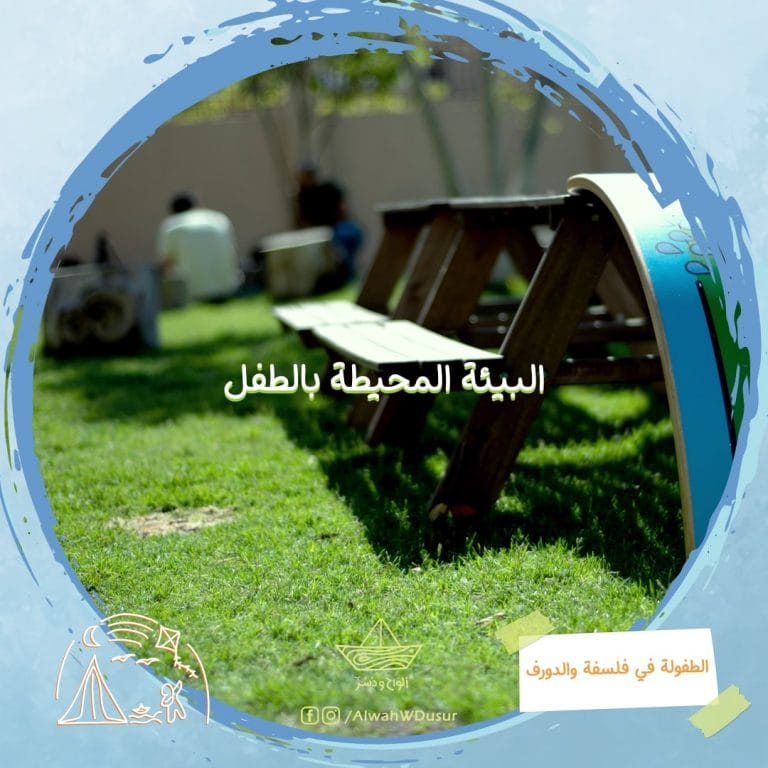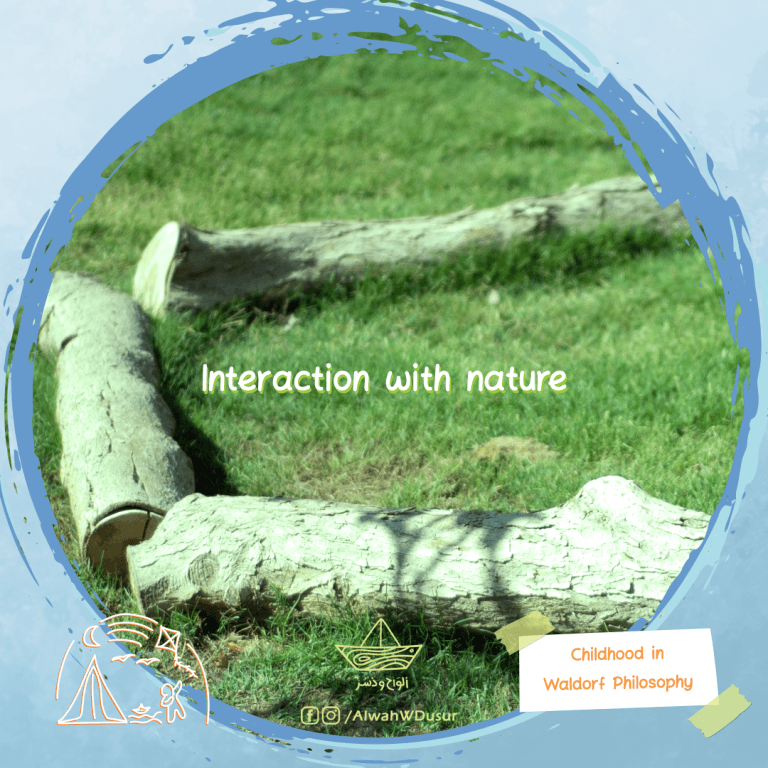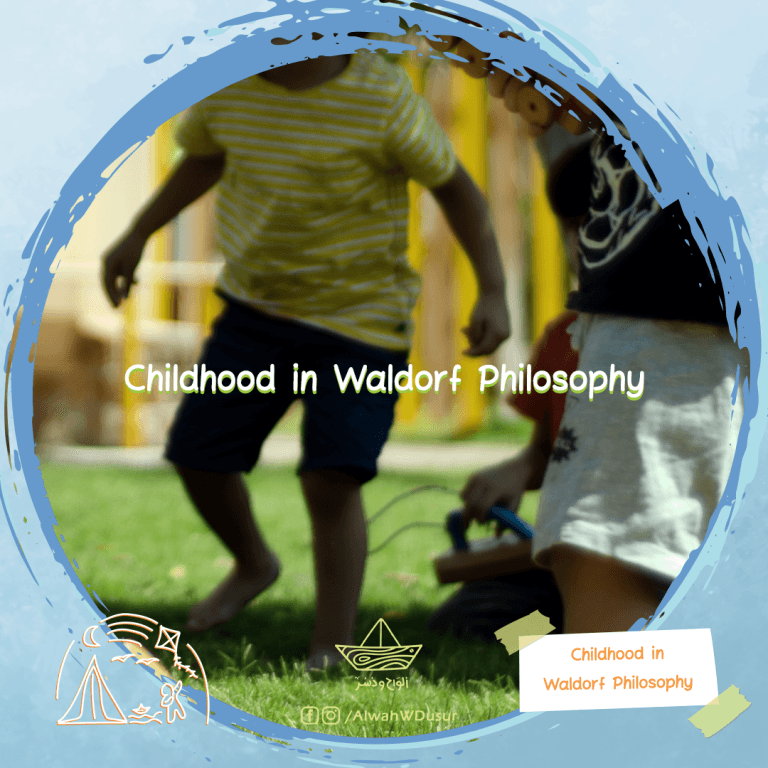Childhood from birth to seven years
[vc_row][vc_column][vc_column_text]
The preschool or early childhood stage in Waldorf philosophy starts from the birth of the child to the age of seven. This division is based on the individuality of the child. Some children move to the next stage before or after 7 years.
In the early years, Steiner describes a child as a sensitive being who is greatly affected by all the stimuli around him. The more these stimuli are natural and good for the senses, the more childhood thrives; Therefore, this philosophy takes a hard stand against screens, in general, and particularly at this stage and works to integrate the child into a world of play and imagination.
Both home and kindergarten should create an environment full of warmth and natural stimuli from wooden and fabric toys, avoiding the fake plastic toys or perfect-face dolls.
At this stage, the child is involved in the daily household chores, such as: preparing breakfast, setting the table and helping at home as part of the fixed daily activity, which helps the child to acquire many life skills, in addition to long times of free play, whether with dolls and puppets or in nature outside the house.
At this stage, philosophy avoids systematic toys or artworks, relying mainly on dramatic or (pretend) play, telling stories, tales and arts that bring the child’s creativity to light without the intervention or guidance of the teacher or parents. For example: avoiding coloring ready drawings and leaving the child with watercolors or crayons so that he draws from his creativity without restrictions.
It also obviates toys dedicated to developing specific skills and relying on toys that are played in more than one way and with open ends, such as puppets, cars, stacking blocks, the simulated wooden kitchen with its tools, and so on.
Moreover, it discourages academic study in all its forms in kindergartens, and be content with preparing the child for writing by drawing shapes and lines, preparing him for reading by telling stories, memorizing texts and songs.
Waldorf philosophy at this stage has a sensitive vision that embraces great respect and appreciation for the child’s self and his physical development. Part of our respect for the child’s physical development is applied by not preoccupying him with mental work at the wrong time.
In the next parts of the series, we will talk about how to create a supportive and safe environment for our children, in addition to the methods of play and the various activities in Waldorf philosophy for educating the child.
[/vc_column_text][/vc_column][/vc_row]







